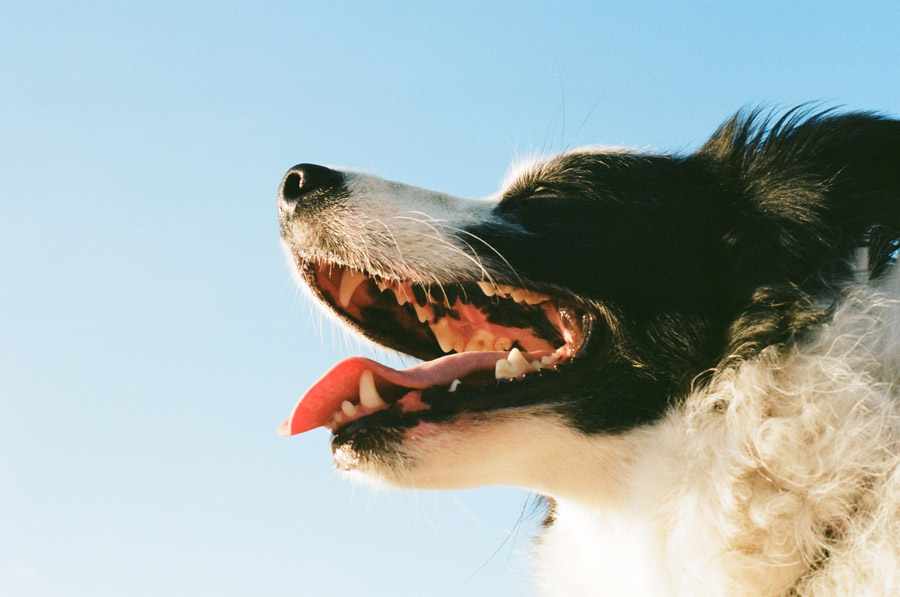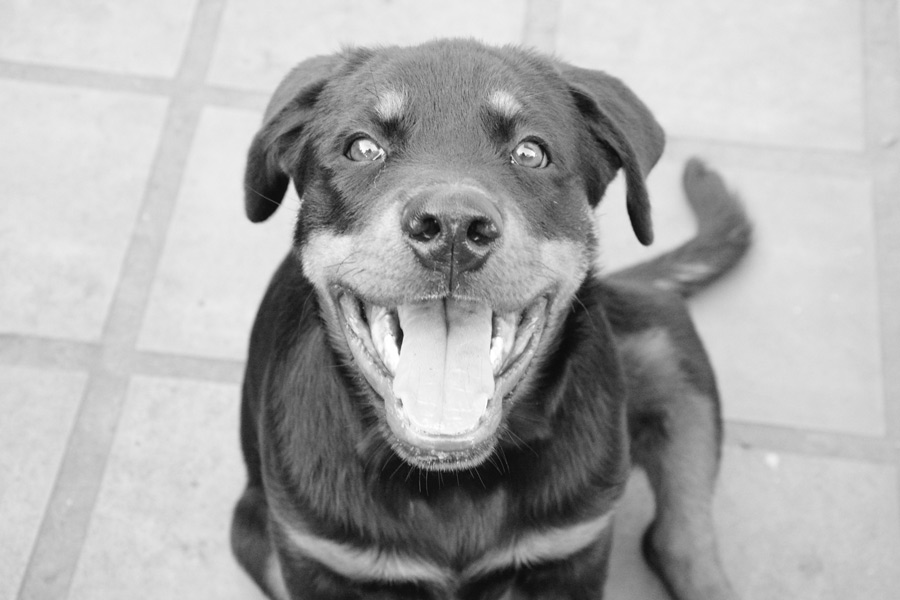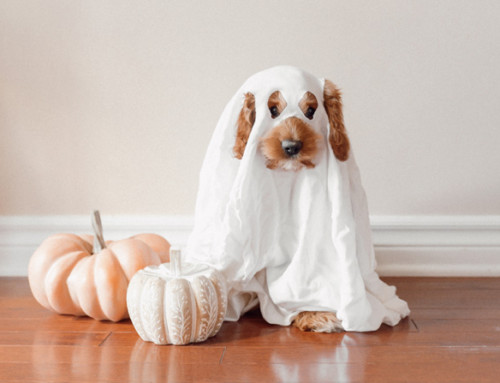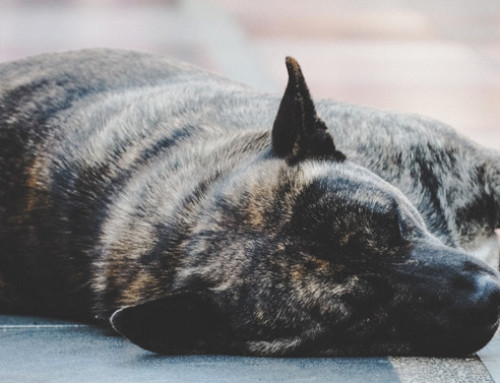Dental disease is the most common infectious disease in adult dogs. In fact, dental disease affects more than 87% of dogs and 70% of cats aged three years and above. Indeed, this is why pet dental health is so important.
In fact, the American Veterinary Medical Association recommends that owners get their pet’s teeth checked by a vet at least once a year. This can help identify early signs of dental disease or tooth decay.
However, in between the check-up, you can be on the lookout for any signs of poor pet dental health. This includes:
- Bad breath
- Damaged or loose teeth
- Discoloured teeth (brown or yellow)
- Unusual chewing action
- Trouble eating or reduced appetite
- Bleeding from the teeth or mouth
- Swelling around the mouth
Don’t forget, dental issues can be painful. If your fur pal starts acting strangely, becomes aggressive or seems reserved it may well be a sign of a pet dental health problem.
Image source: Photo by Marine Golfetto on Unsplash
How to prevent pet dental health problems
Firstly, make it part of your duty as a responsible pet parent to check your furry friend’s teeth from time to time.
Make sure you’re aware of the steps required to take good care of your fur baby’s teeth and mouth. Here are a few preventative measures you can take to help promote positive pet dental health.
- Encourage your furry pal to enjoy (or at least accept) having his or her teeth brushed from a young age
- Clue up on the signs of a pet dental health problem (inflamed gums, stinky breath, stained teeth)
- Make sure your pet eats a good diet that consists of raw and natural foods, including raw bones to help remove plaque build-up from its teeth (Did you know that pets that are fed mostly soft foods, rather than dry food or a combination, have a higher incidence of dental disease?)
- Ensure your pet gets a regular vet check-up (that includes a teeth check)
Of course, while it’s recommended you brush your pet’s teeth daily, actually brushing your fur pal’s teeth is easier said than done! Thankfully, there are a few tricks to help get around this.
For example, there are dental health solutions available that can simply be added to your pet’s water bowl. The formula is usually designed to get rid of tartar-producing bacteria and freshen breath.
What’s more, a dental chew (such as Greenies Dental Treats) can assist you in keeping your fur baby’s teeth clean in between brushing. Their chewy texture helps to scrape plaque off the teeth and keep gums clean and healthy.
WATCH: How to brush your pet’s teeth
Dr. Sheldon Rubin, speaking for the American Veterinary Medical Association, gives easy, step-by-step instructions on how to teach a dog or cat to accept a daily tooth brushing.
Watch the video below…
Most pets have some form of dental disease by the age of three. Unfortunately, if left untreated, this will worsen as the animal ages. This is precisely why preventative measures are so important. If you haven’t checked your dog or cat’s teeth for a while, perhaps it’s time to do so!
Do you brush your pet’s teeth? Got any tips or tricks for doing so?








Leave A Comment